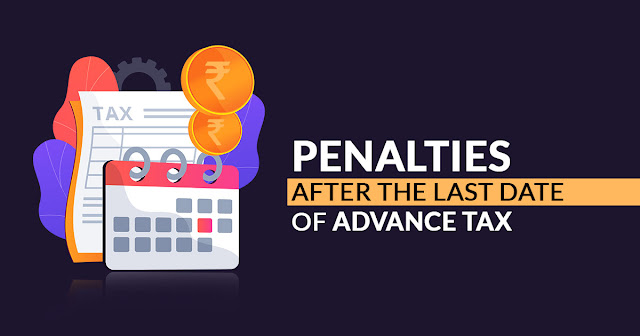The last date for furnishing the advance tax is near. Any individual who estimates the tax liability for one year is Rs 10k or exceeding it is needed to pay the advance tax. The advance tax is to be filed in 4 installments in the fiscal year itself. The last date for filing the 4th installment of the advance tax is 15 march. Let us know what is the method to estimate the advance tax and the penalties for the case where one does not have paid the tax within the time.
“A taxpayer should first estimate his current income and income-tax thereon shall be calculated at the rates in force in the financial year. Thereafter the estimated tax deducted or collected at source will be deducted and the balance tax payable will be used to compute the advance tax liability," told Vivek Jalan, partner, Tax Connect Advisory Services LLP, a Chartered accountancy firm.
The assessee will be liable towards the interest beneath section 234B and 234C for default in filing of the advance tax. The interest beneath section 234B is levied if the assessee has not deposited the advance tax or if the advance tax has been deposited is lower than 90% of the total tax liability. The assessee will be liable for the interest beneath section 234B at 1% per month or the part of the month from April till the payment date of the tax.
The interest beneath section 234C is levied if the advance tax has been filed in any installments is lower than the mentioned percent of installment amount as follows:
The assessee will be entitled to the interest beneath section 234C at 1% per month or part of the month for the duration of default. The duration of the default is 3 months for the case of the shortfall in the payment 1st, 2nd, and 3rd installment and for 1 month in case of shortfall of end installment. Advance tax obligations are not applied to the resident senior citizens whose age is more than 60 years who do not have income from the business or profession.
Read also: Easy Guide to TDS Provisions Under Income Tax Act 1961
“Section 234B is not applicable if the assessee has paid 90% or more advance tax. If any change in income due to processing of return under section 143(1) or assessment, the tax as per u/s 143(1)/assessed tax shall be taken instead of tax as per return of income (ROI) for the calculation of interest under 234B. Hence it is important to estimate the income for the year and advance tax with precision," directed that Jalan.


Comments
Post a Comment